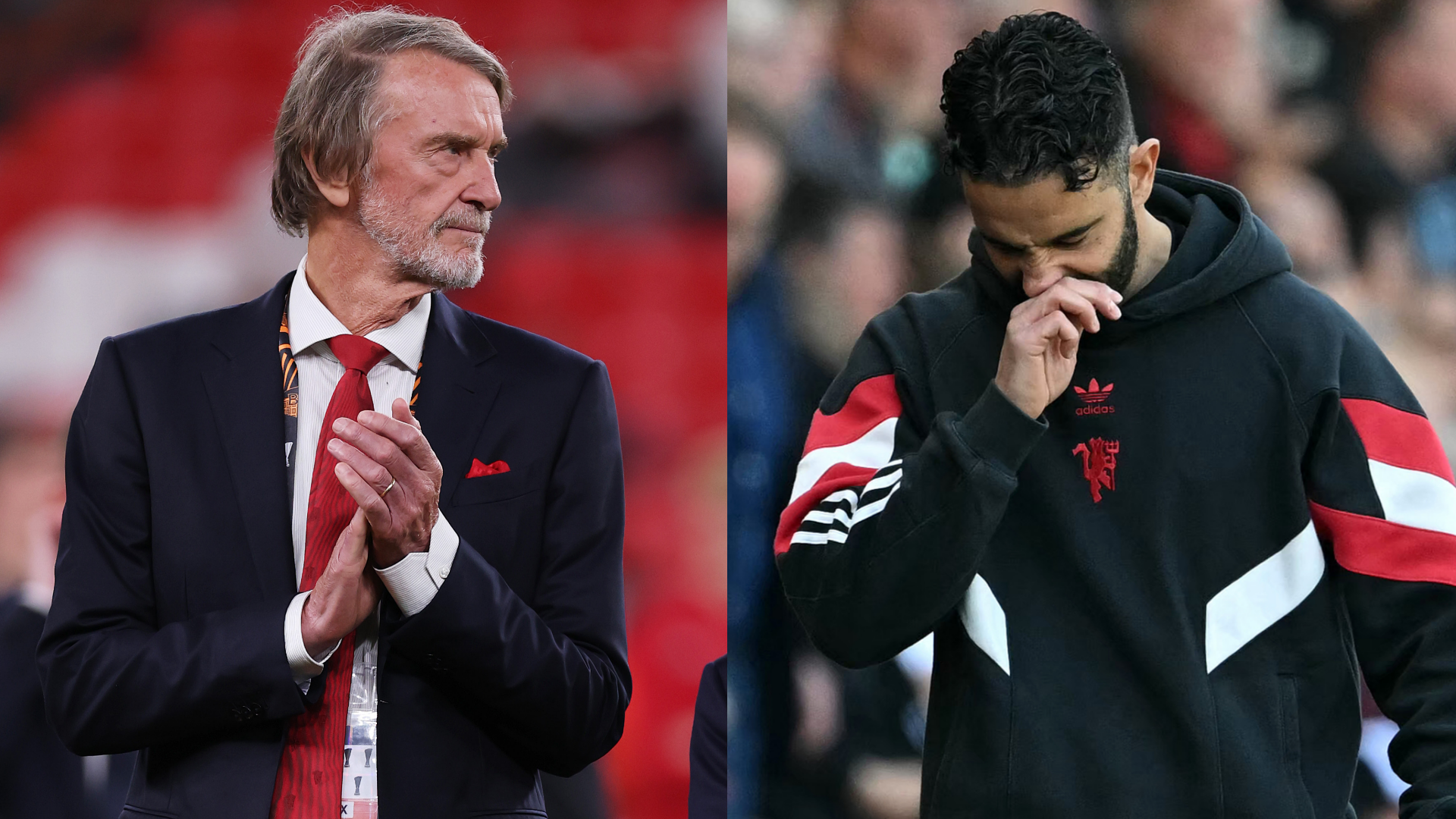United Slash Pre-Season Tradition in Latest Budget Move
Manchester United cost-cutting has reached a new, almost symbolic frontier this summer, as the club scraps the decades-old ritual of exchanging commemorative gifts with rival teams before friendly fixtures. The gesture—typically a modest pennant, a boxed trinket, or a framed crest—may appear insignificant on a multi-million-pound balance sheet, yet its disappearance speaks volumes about the fiscal climate at Old Trafford under INEOS and Sir Jim Ratcliffe.
How the Manchester United cost-cutting Strategy Evolved
The alarm bells first rang when executive leadership placed transfer-window priorities under a microscope, favouring add-ons and staggered payments instead of lump-sum deals. Over the past six months, Manchester United cost-cutting has encompassed everything from business-class flight reductions on short-haul trips to renegotiated supplier contracts for Carrington catering. Scrapping ceremonial giveaways is the latest tile in that mosaic, reinforcing the new mantra: every pound saved today funds the rebuild tomorrow.
The Numbers Behind the Gesture
Club insiders estimate that producing bespoke memorabilia for a full pre-season schedule costs between £15,000 and £25,000—pocket change relative to Premier League broadcasting revenue, but not meaningless when compiled with dozens of other micro-savings. Multiply that by multiple teams across youth and women’s tours and the cumulative figure edges toward six digits. Manchester United cost-cutting, therefore, aims to turn countless “minor” decisions into a major uptick on the bottom line.
Sir Jim Ratcliffe’s Zero-Waste Blueprint
Since acquiring a minority stake, Ratcliffe has insisted that elite clubs should mirror the operational precision of elite corporations. He reportedly told department heads that “sentiment doesn’t appear on a balance sheet.” In practice, that has led to aggressive audits of every tradition, perk, and supplier contract. Manchester United cost-cutting is now aligned with INEOS’s wider industrial ethos: squeeze inefficiency, reinvest the surplus.
Reactions Inside and Outside Old Trafford
Supporters remain split. Traditionalists argue that the pre-match gift swap fosters goodwill, anchoring modern football to its community-club roots. Social-media opinion has been quick to label the move “penny-pinching” from a brand valued at over £5 billion. Yet others applaud the pragmatism, noting that lavish symbolism feels hollow when the team lags behind Manchester City and Arsenal on the pitch. Club legend Gary Neville quipped on his podcast that “plastic plaques won’t win trophies; better full-backs will.”
Comparative Practices Across Europe
United are not entirely alone. Barcelona have trimmed their hospitality budgets, and Italian sides such as Napoli often opt for digital souvenirs instead of physical gifts. Still, among the Premier League’s so-called ‘big six’, United now stand out. Arsenal plan to continue exchanging pennants during their U.S. tour, while Liverpool confirmed they’ll gift a special edition scarf to each opponent in Singapore. The contrast sharpens the spotlight on Manchester United cost-cutting and its broader implications for brand perception.
Will Players and Staff Feel the Difference?
For the squad, the elimination of mementos is largely superficial. What matters more is whether savings are redirected toward performance infrastructure—think state-of-the-art recovery rooms or expanded analytics departments. Sources inside Carrington say senior figures have been assured every pound carved from “non-essential heritage costs” will plug directly into football operations. If that promise materialises, Manchester United cost-cutting could quickly pay sporting dividends.
Long-Term Impact on Club Culture
The risk is intangible: eroding the sense of heritage that distinguishes United from other commercial giants. From the flowers at the Munich memorial to the “Welcome to the Theatre of Dreams” sign, ritual is woven through the club’s identity. Dismantling small traditions may gradually dilute that essence. Stakeholders must therefore balance financial stewardship with safeguarding the ethos Sir Matt Busby championed. Otherwise, Manchester United cost-cutting could save pennies while costing the club priceless sentiment.
What Happens Next?
Eyes now shift to larger financial decisions. Will wage structures be overhauled? Could the women’s team face budgetary constraints? According to financial analyst Kieran Maguire, United’s annual operational expenses exceed £680 million. Even if cumulative “penny” cuts hit £10 million, the club still needs Champions League revenue or lucrative player sales to meet UEFA’s new squad-cost ratio. Manchester United cost-cutting is therefore just one instrument in an orchestra of fiscal reforms—and more instruments are likely to play before summer ends.
Opinion
Small gestures often carry oversized symbolism. While shaving a few thousand pounds is fiscally sound, football thrives on narrative and tradition. If Manchester United cost-cutting begins to strip away the club’s rich tapestry, the savings may prove far costlier than the balance sheet suggests.
Your global gateway to nonstop football coverage:
News Goal
Share this content:

